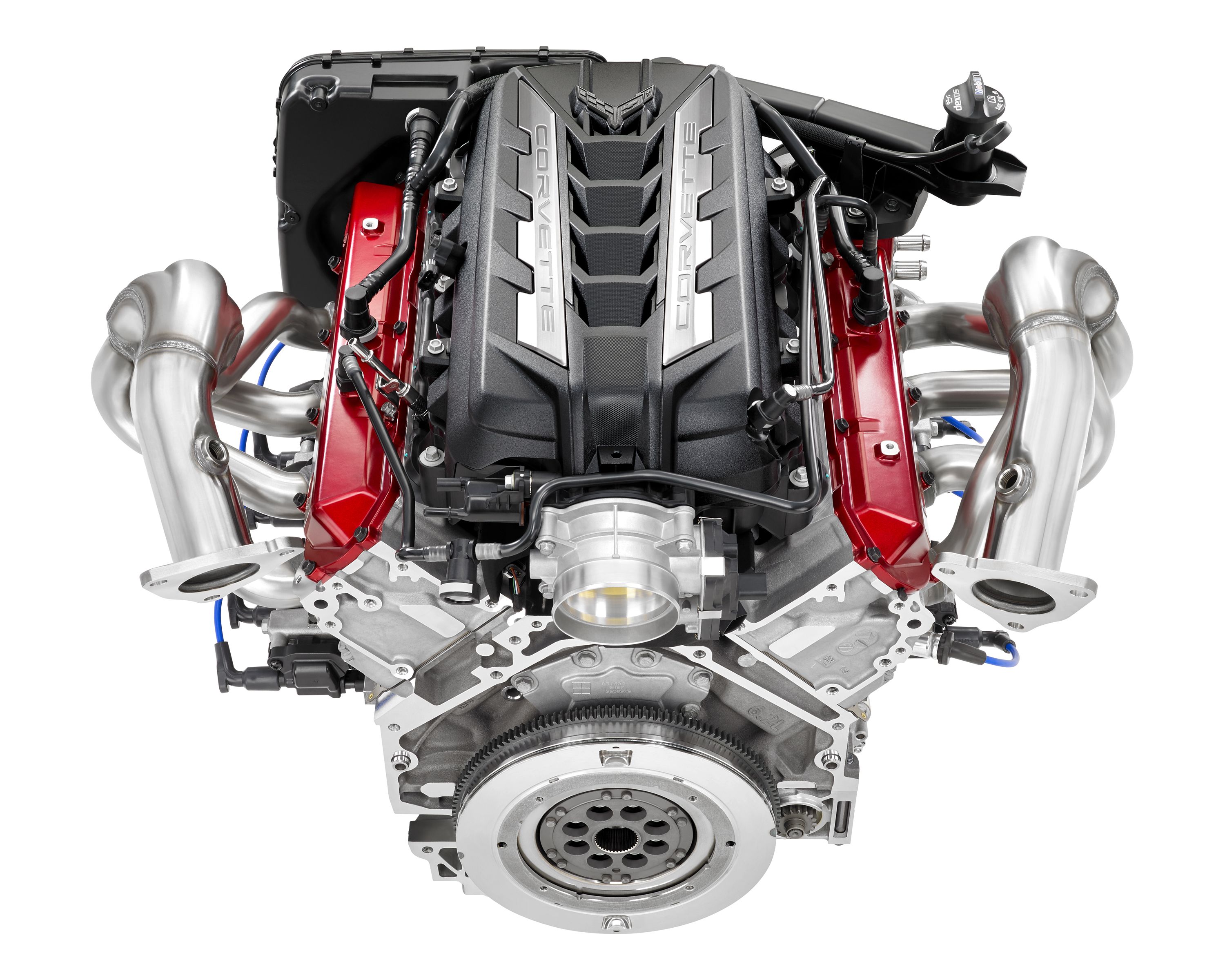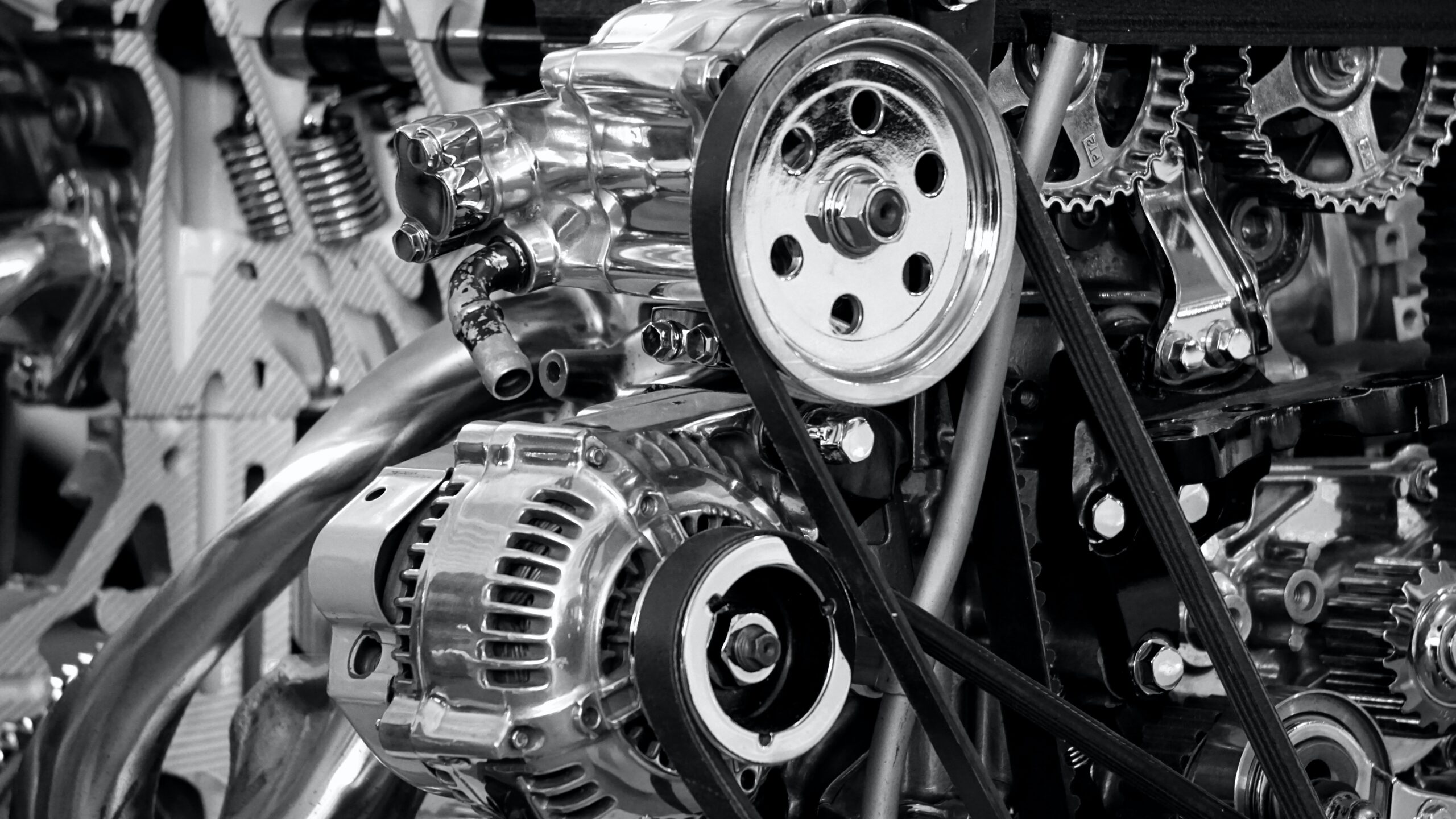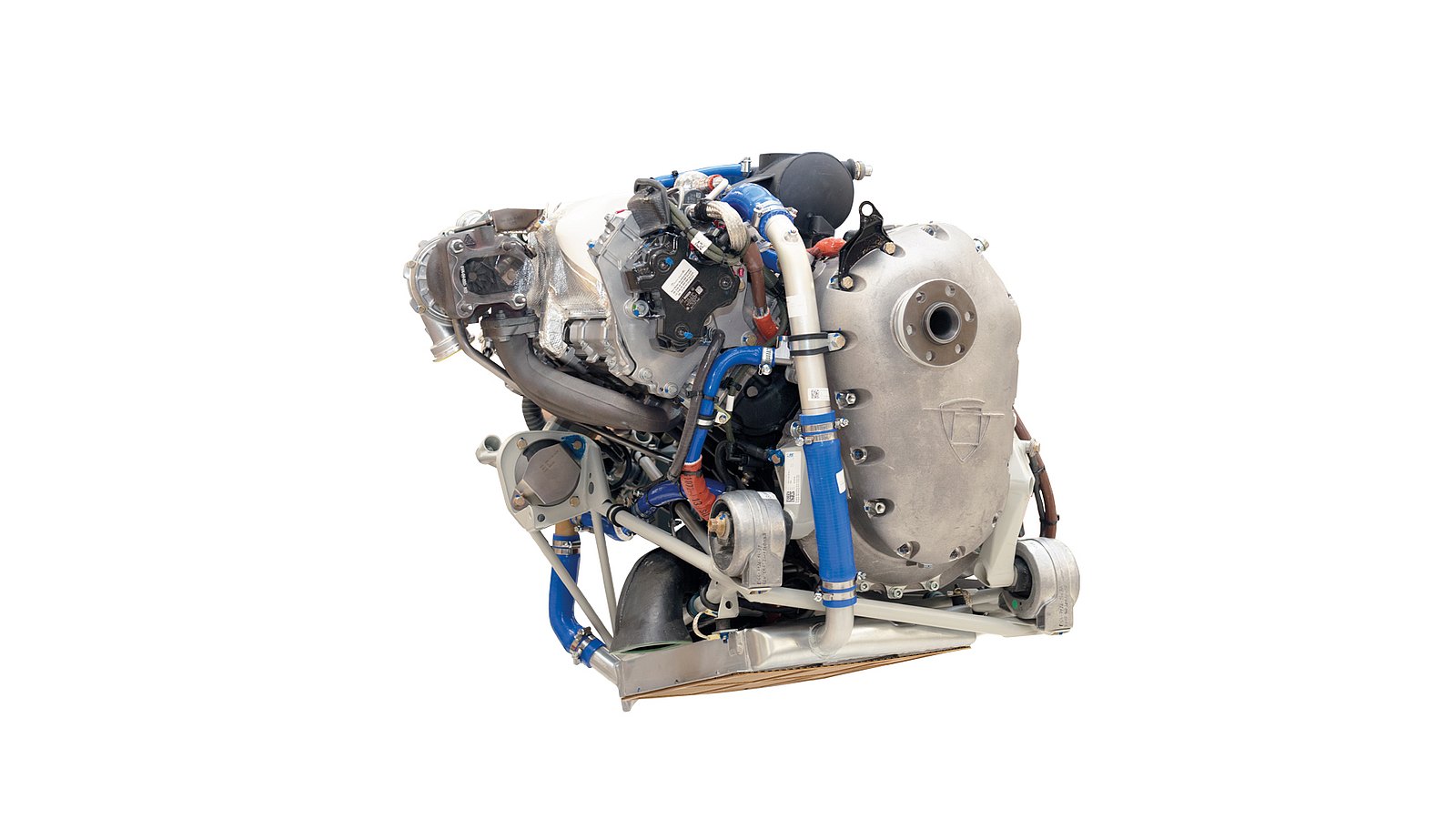Find High-Quality Imports with Engines For Africa
Find High-Quality Imports with Engines For Africa
Blog Article
Discover a Vast Array of Engines for Every Vehicle and Objective
The auto landscape is increasingly complicated, with a varied variety of engine types created to meet details efficiency and efficiency needs across different car groups. From the high-performance engines that power cars to the fuel-efficient options customized for everyday commuting, the options are huge and differed. Furthermore, sturdy engines offer the requirements of job lorries, while eco-friendly alternatives are getting grip in the quest of lasting transport. Understanding these distinctions is important for making informed decisions, especially as emerging modern technologies remain to form the future of vehicle engineering. What ramifications might these innovations hold for manufacturers and consumers alike?
Kinds Of Automotive Engines
Automotive engines can be classified into a number of distinctive types, each designed to meet certain performance and effectiveness requirements. The most typical categories include interior burning engines, electric engines, and crossbreed systems.

Electric engines, on the various other hand, operate on electric power stored in batteries, supplying instant torque and zero discharges. These engines are coming to be increasingly popular as a result of developments in battery technology and the expanding focus on sustainability.
Hybrid systems incorporate both interior burning and electric engines, enabling automobiles to optimize fuel performance and lower discharges by effortlessly changing between power sources. Each engine kind provides its benefits and downsides, affecting factors such as automobile layout, planned use, and market need. When selecting the appropriate engine for their specific requirements., recognizing these differences is important for customers and suppliers alike.
Performance Engines for Sports Cars
Performance engines for sporting activities cars and trucks are particularly engineered to supply improved agility, speed, and power, setting them in addition to typical vehicle engines. These engines commonly make use of advanced modern technologies such as turbocharging, turbo charging, and variable valve timing to make the most of efficiency and responsiveness.
Typically, efficiency engines are designed with higher compression proportions, which enable better energy extraction from gas. This leads to impressive horse power and torque figures, allowing rapid acceleration and higher full throttle. The lightweight materials made use of in these engines, such as light weight aluminum and carbon fiber, contribute to minimized overall vehicle weight, improving handling and maneuverability.
Engine configurations like V6, V8, and also hybrid systems prevail in efficiency sports vehicles, each offering special benefits in terms of power delivery and driving characteristics. The adjusting of these engines is also essential; lots of suppliers maximize the engine monitoring systems to provide an exhilarating driving experience, often including sporting activity modes that adjust throttle action and equipment changes.
Efficient Engines for Daily Commuters
In the realm of daily commuting, effective engines play a critical role in optimizing fuel economic situation and minimizing exhausts while offering reputable performance. As urban populaces grow and ecological problems intensify, the demand for automobiles geared up with reliable powertrains has risen.
Modern engines developed for everyday commuters frequently include innovations such as turbocharging, straight gas shot, and hybrid systems. Turbocharging boosts engine efficiency by forcing more air right into the combustion chamber, enabling smaller sized, lighter engines that do reference not endanger power result. Direct gas injection enhances gas atomization, leading to better combustion and boosted efficiency.
Crossbreed engines, combining interior combustion with electrical power, more increase gas economic climate, specifically in stop-and-go website traffic, where standard engines can deal with ineffectiveness. Electric motors aid throughout acceleration and can operate individually at low speeds, minimizing general gas consumption.
Furthermore, developments in engine management systems and light-weight materials add significantly to efficient engine style. By focusing on performance, resilience, and environmental sustainability, producers continue to provide engines that not just fulfill the needs of everyday travelling however likewise line up with worldwide initiatives to lower carbon footprints.
Heavy-Duty Engines for Work Cars
Heavy-duty engines for job lorries are regularly crafted to provide outstanding torque and dependability under requiring problems. These engines are made to perform in environments where traditional engines may falter, such as building websites, logging procedures, and agricultural settings. The primary focus of sturdy engines is their ability to create high degrees of power while preserving sturdiness over prolonged periods of operation.
Usually, durable engines make use of advanced materials and robust building and construction methods to hold up against the roughness of hefty work. Features such as reinforced cylinder blocks, improved cooling systems, and progressed gas shot technologies contribute to their efficiency. These engines often operate at reduced RPMs, which aids to optimize fuel effectiveness while providing the essential power for towing and hauling.
In enhancement to mechanical toughness, sturdy engines are usually furnished with sophisticated digital control units (ECUs) that take care of efficiency, discharges, and diagnostics. This assimilation permits far better monitoring and maintenance, making certain that work lorries remain efficient and operational.
Inevitably, sturdy engines are a necessary component in the performance of different markets, offering the required power and dependability to tackle the toughest of tasks.
Eco-Friendly Engine Options
The expanding emphasis on sustainability has led to the growth of environmentally friendly engine options that prioritize lowered discharges and enhanced gas performance. These engines are made to minimize the ecological impact of automobiles while still providing the performance and dependability anticipated by consumers.
Amongst the most remarkable environment-friendly options are electric and hybrid engines. Hybrid engines combine standard interior burning engines with electrical propulsion, enabling for minimized gas intake and lower greenhouse gas discharges. Electric engines, on the go to this site other hand, operate entirely on battery power, creating absolutely no tailpipe emissions and adding to cleaner air quality.
Another promising advancement is the innovation of biofuel engines, which make use of renewable energies, such as plant materials, to power automobiles (Engines For Africa). By using biofuels, these engines can minimize dependency on nonrenewable fuel sources and lower total carbon impacts

As the vehicle industry evolves, environmentally friendly engine alternatives will certainly play an essential duty in driving the transition in the direction of more lasting transportation services.
Verdict
The automotive sector supplies a diverse selection of engines developed to satisfy different car requirements and functions. From high-performance engines that enhance cars capabilities to efficient models focusing on gas economic climate for everyday commuters, each kind offers a particular function. Heavy-duty engines deal with robust job lorries, while green choices, such as electrical and biofuel engines, advertise sustainable transport. browse around here This extensive range ensures that all driving needs are dealt with, adding to developments in auto technology and ecological stewardship.

Report this page